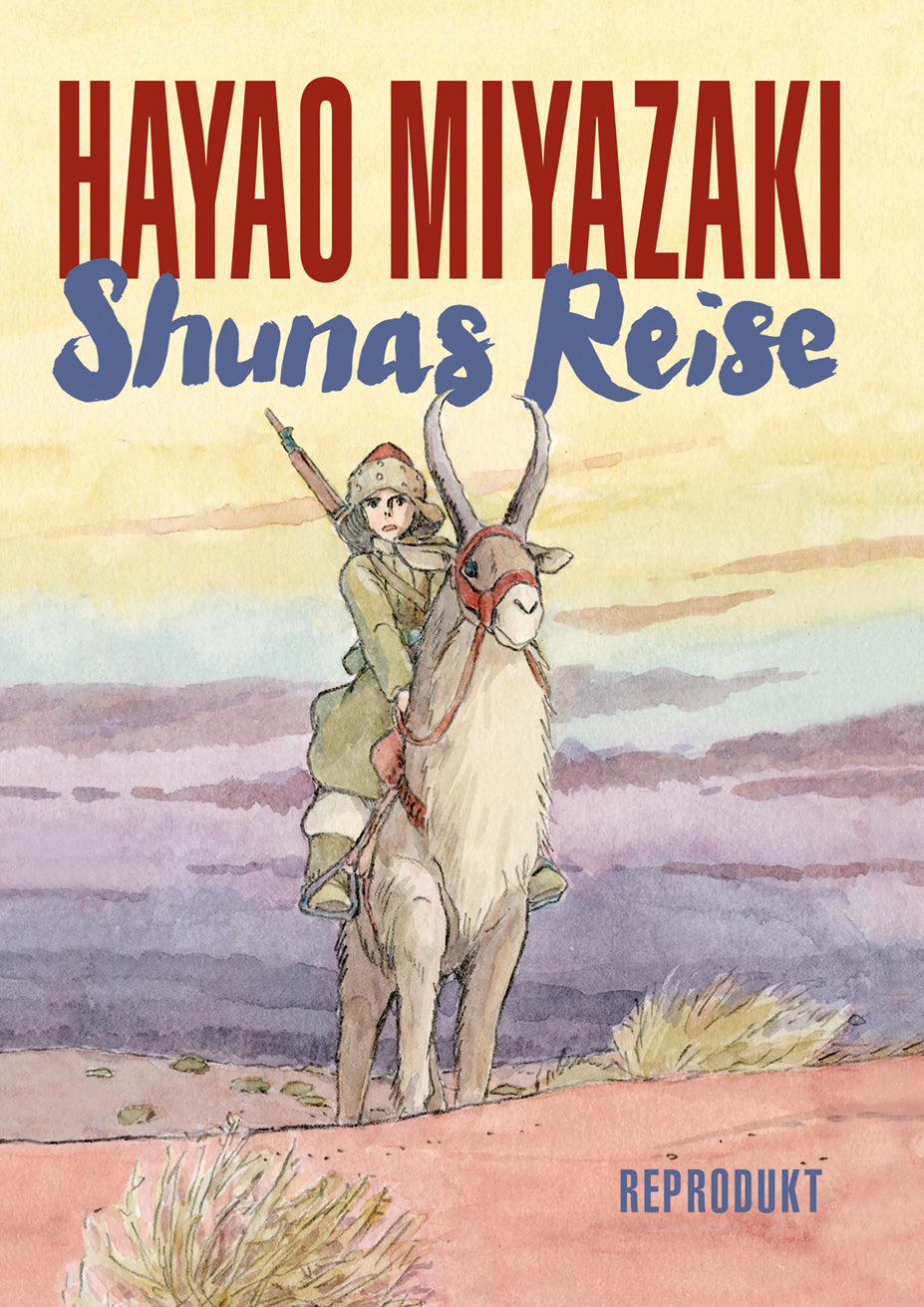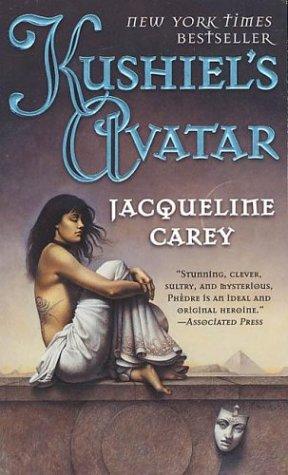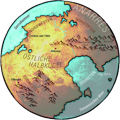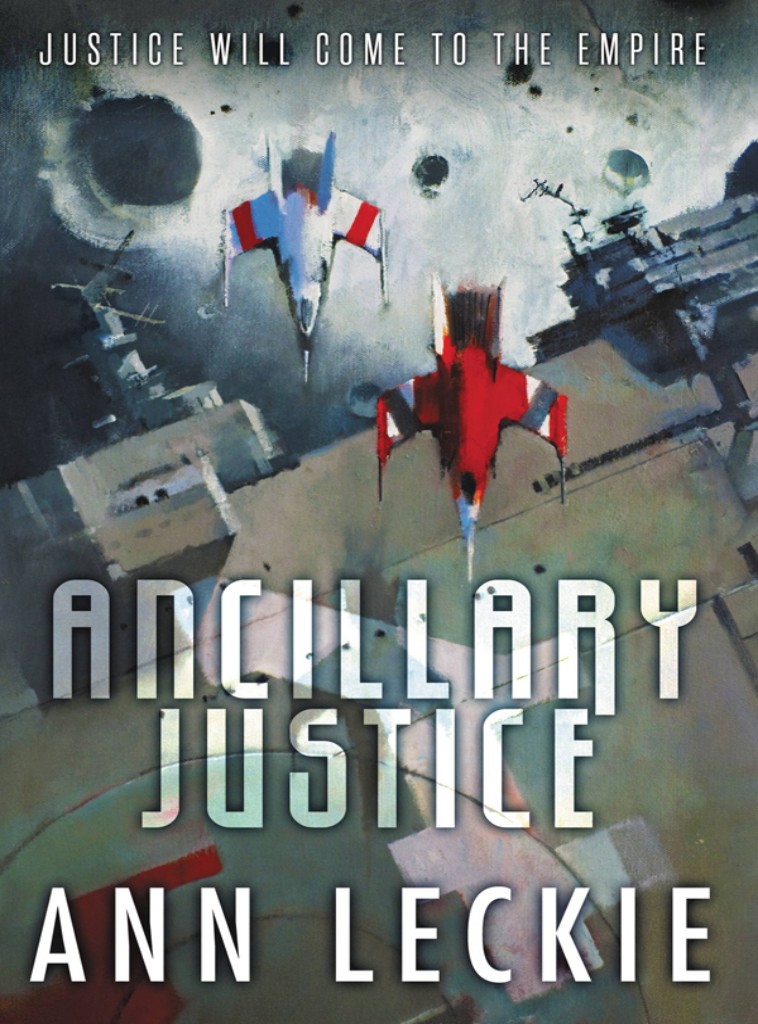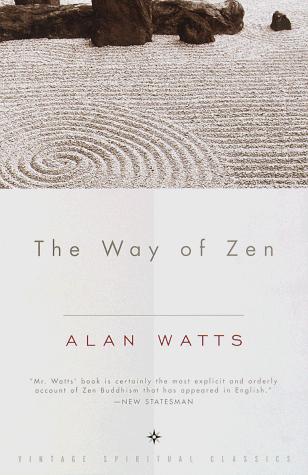Ückück liest reviewed Shunas Reise by Hayao Miyazaki
Wenige Worte, starke Bilder und eine Ahnung auf das noch kommende Werk Miyazakis
5 stars
Shunas Reise ist zwar erst 2023 das erste Mal auf Deutsch erschienen, stammt jedoch im Original aus dem Jahr 1983 und wurde somit bereits vor der Gründung des Studios Ghibli veröffentlicht.
Die schlichte, aber doch fesselnde Geschichte zeigt bereits vieles, was wir in Miyazakis späteren Manga und Filmen wieder sehen. So erinnern viele Motive und die Welt an das Thal der Winde und die restlichen Landschaften aus Nausicaä, Shuna und sein treues Reittier selbst an Ashitaka aus Mononoke und unsere zweite Hauptfigur Thea wiederum vielen der späteren Frauenfiguren seiner Geschichten. Ich sehe viel von Sophie aus dem Wandelnden Schloss und Nausicaä in ihr.
Trotzdem ist die Geschichte auch sehr anders, als die meisten der späteren überbordenden Welten und Erzählungen. Sie ist langsamer, lässt sich durch die großen Bilder und den wenigen Text viel Zeit und brauch keine großen Worte. Dabei musste ich wiederum an Die rote Schildkröte denken. Auch schwimmt …
Shunas Reise ist zwar erst 2023 das erste Mal auf Deutsch erschienen, stammt jedoch im Original aus dem Jahr 1983 und wurde somit bereits vor der Gründung des Studios Ghibli veröffentlicht.
Die schlichte, aber doch fesselnde Geschichte zeigt bereits vieles, was wir in Miyazakis späteren Manga und Filmen wieder sehen. So erinnern viele Motive und die Welt an das Thal der Winde und die restlichen Landschaften aus Nausicaä, Shuna und sein treues Reittier selbst an Ashitaka aus Mononoke und unsere zweite Hauptfigur Thea wiederum vielen der späteren Frauenfiguren seiner Geschichten. Ich sehe viel von Sophie aus dem Wandelnden Schloss und Nausicaä in ihr.
Trotzdem ist die Geschichte auch sehr anders, als die meisten der späteren überbordenden Welten und Erzählungen. Sie ist langsamer, lässt sich durch die großen Bilder und den wenigen Text viel Zeit und brauch keine großen Worte. Dabei musste ich wiederum an Die rote Schildkröte denken. Auch schwimmt wie so oft die ganze Zeit Kapitalismuskritik mit und es geht um die Themen Ausbeutung und Sklaverei, aber es wird nicht in vielen Details gezeigt, wie Menschen einfach alles, auch ihren Planeten, kaputt machen. Da bleibt das Buch vager. Auch wenn die Botschaft wieder klar rüber kommt.
So viel Meta-Gelaber! Kurz: Ich mag das Buch sehr und auch die vielen Nachworte. 5 von 5.











